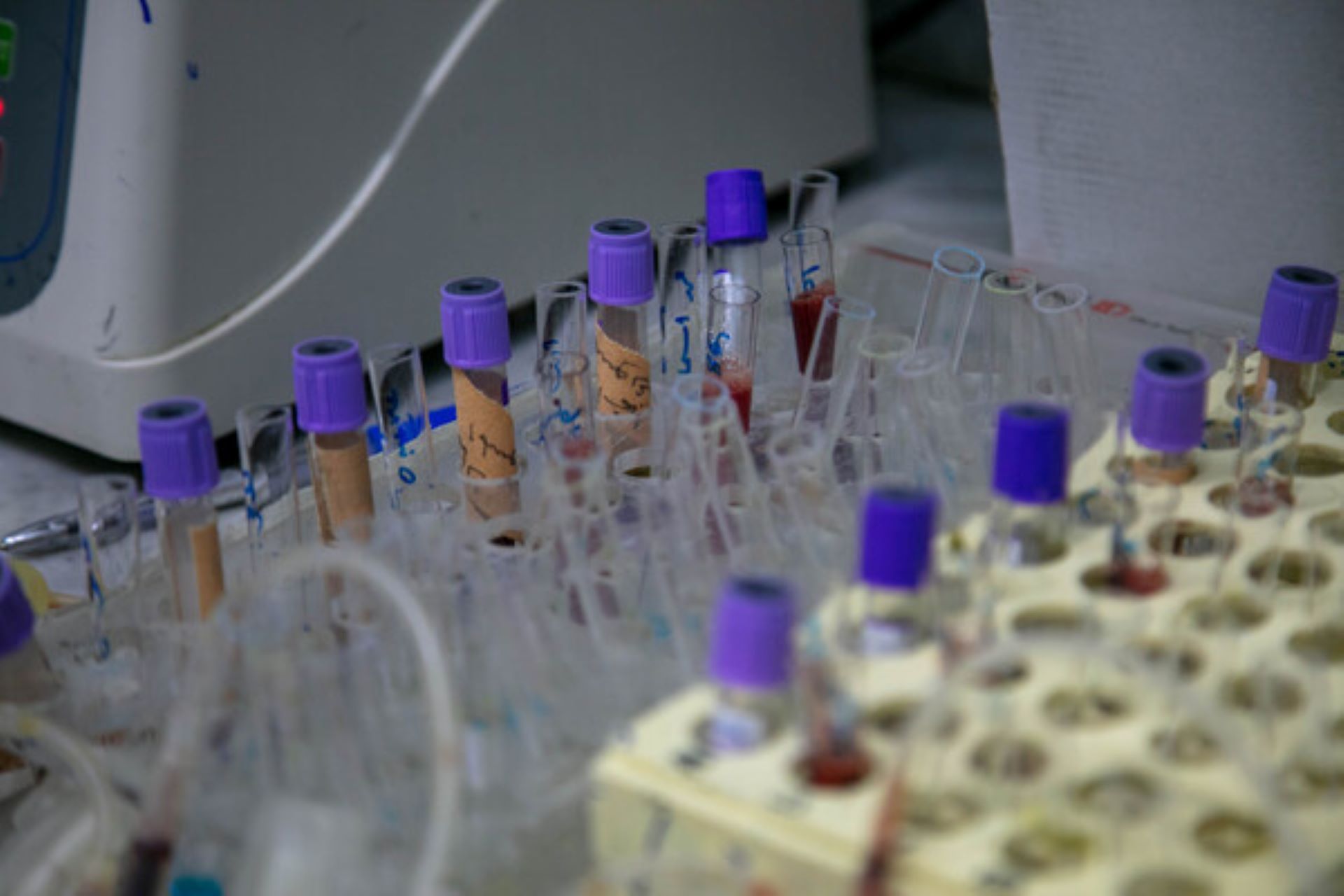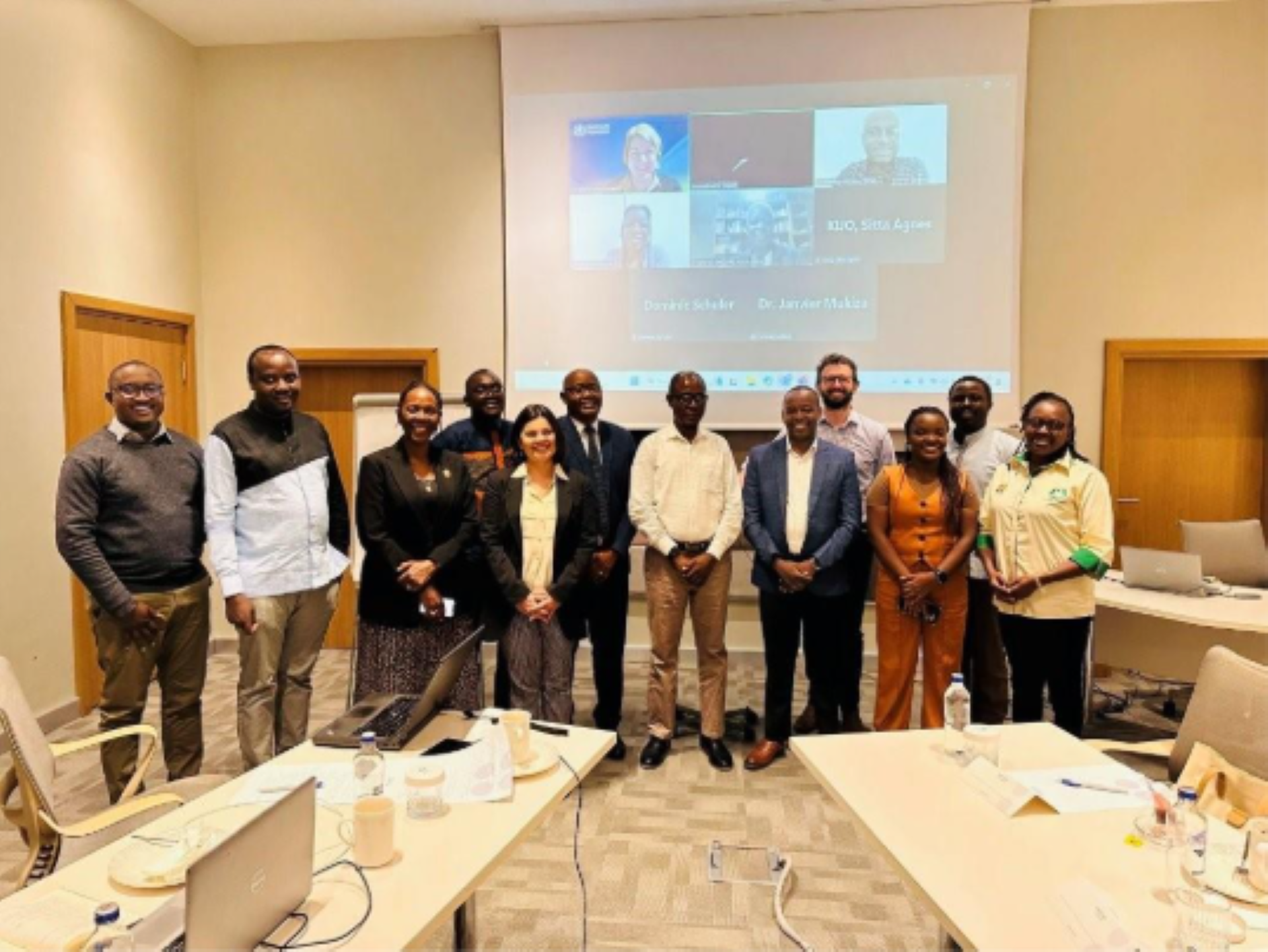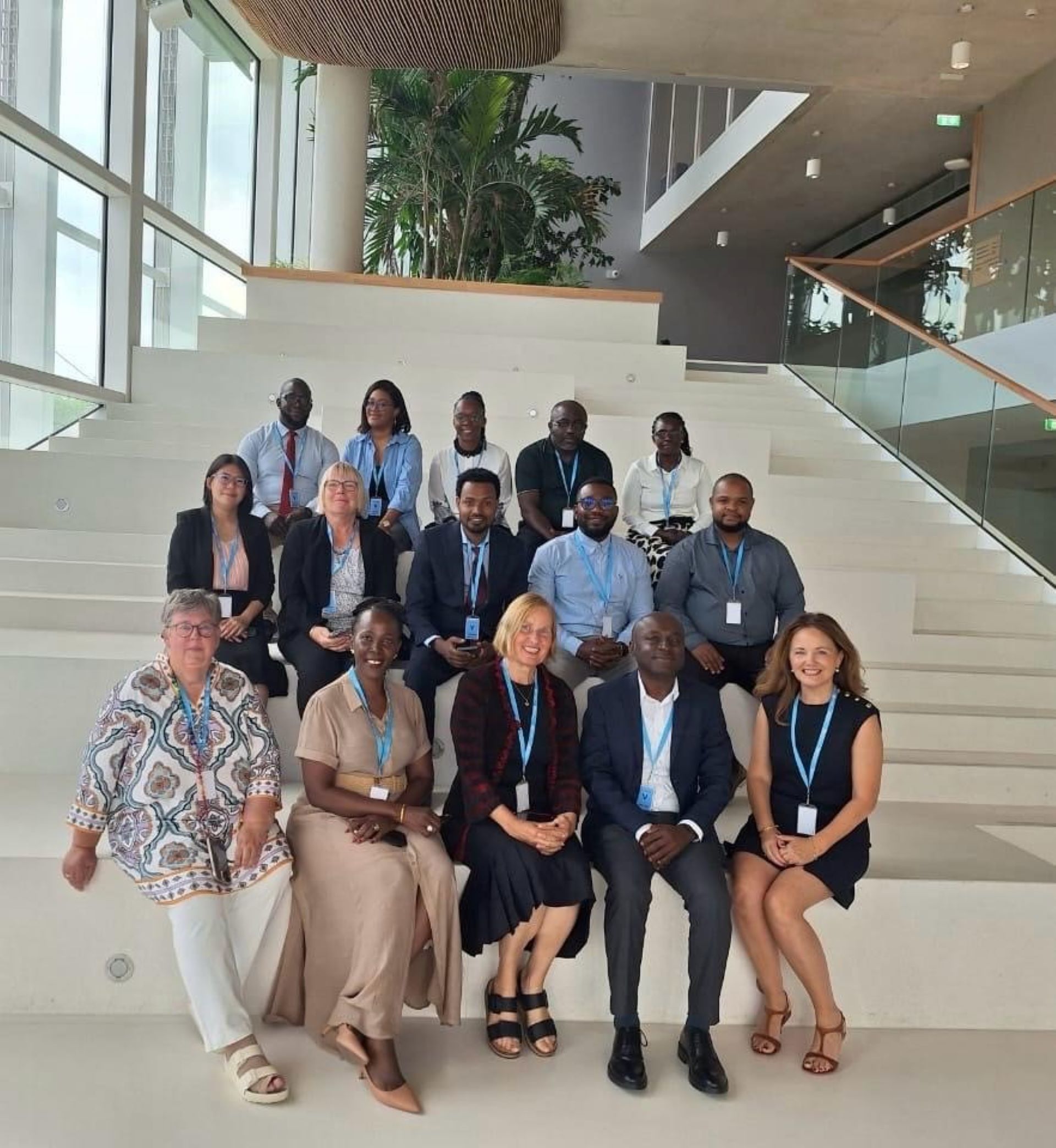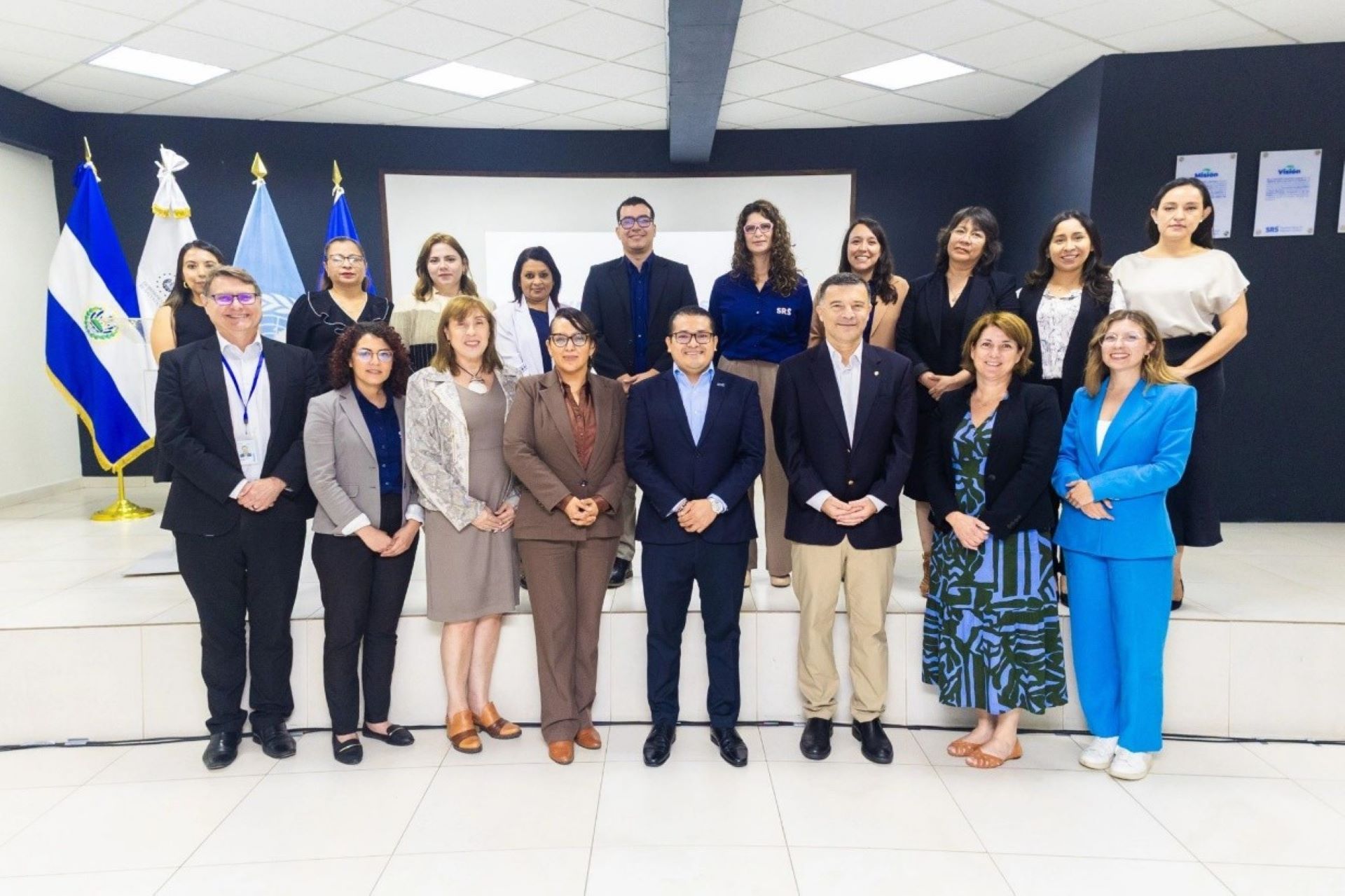/regulation-and-prequalification-(rpq)/regulation-and-safety-(reg)/nurse-julia-who-fm022-ok.tmb-768v.jpg?sfvrsn=5ff6226c_2)
Facilitated Product Introduction
Overview
National regulatory authorities (NRAs) are mandated to protect and promote public health by ensuring the timely availability of safe, effective, and quality medical products in line with international standards. The collective efforts of regulators and stakeholders are essential to achieve the desired public health goals considering that no single regulator, including the well-resourced authorities, can sufficiently perform all the required regulatory activities single-handed. World Health Organization (WHO) promotes information and work-sharing arrangements based on this principle of collaboration and reliance on the work products of trusted authorities and institutions to inform regulatory decision-making. The facilitated regulatory pathways described cover marketing authorization (registration), and post-registration maintenance for both innovative medical products (pharmaceuticals and biotherapeutics), generic and similar biotherapeutic products. The underlying principles of these facilitated regulatory pathways include:
- timely and equitable access to quality-assured products;
- science-based, risk-based, transparent regulatory decision-making;
- better use of available, often limited, regulatory resources on value-added regulatory processes;
- reducing duplication of efforts and resources through reliance on the work products (such as relevant inspection reports and scientific assessments) of trusted counterpart regulatory agencies and WHO Prequalification Team (WHO PQT) to inform local regulatory decision-making;
- respecting national sovereignty.
The regulatory pathways available to facilitate marketing authorization in WHO Member States and product sponsors are (1) collaborative registration procedure for WHO-prequalified products; (2) collaborative registration procedure for products approved by reference authorities “stringent regulatory authorities” ; (3) collaboration within regional economic communities in the context of regional harmonization; and (4) bilateral agreements between NRAs (confidentiality, unilateral or mutual recognition).
Related publications
TRS 1019 - 53rd report of the WHO Expert Committee on Specifications for Pharmaceutical...
WHO’s 2019–2023 Plan to help build effective and efficient regulatory systems is designed to assist national regulators to deliver regulation that...
TRS 1033 - Annex 11: Good regulatory practices in the regulation of medical products
TRS 1033 - Annex 10: Good reliance practices in the regulation of medical products: high level principles and considerations
IVD Regulation Training Course Now Available on WHO Academy Platform

A self-paced online course titled “Basic Fundamentals of In Vitro Diagnostics Medical Devices Regulation – A Global Approach”, is now accessible on the WHO Academy platform. Officially released on 6 June 2025, the course provides essential training for regulatory authority personnel and covers key regulatory principles including quality management systems, risk assessment, performance evaluation, labelling, market approval, and post-market surveillance. The course is designed to support countries in developing national IVD regulatory systems. The course comprises six modules (approx. 22 hours total), and participants receive a confirmation of participation upon completion of all modules.
Past events
Collaborative Registration Procedure (CRP) for Vector Control Products – Pilot Review Meeting|31 March – 2 April 2025 | Istanbul, Türkiye
 From 31 March to 2 April 2025, the World Health Organization (WHO) convened a hybrid meeting in Istanbul to review the Collaborative Registration Procedure (CRP) pilot for vector control products (VCPs). The objective of the meeting was to consolidate lessons learned during the pilot phase, reflect on successes and challenges, and identify improvements to support broader implementation of the CRP for WHO-prequalified vector control products.
From 31 March to 2 April 2025, the World Health Organization (WHO) convened a hybrid meeting in Istanbul to review the Collaborative Registration Procedure (CRP) pilot for vector control products (VCPs). The objective of the meeting was to consolidate lessons learned during the pilot phase, reflect on successes and challenges, and identify improvements to support broader implementation of the CRP for WHO-prequalified vector control products.
The meeting brought together representatives from National Regulatory Authorities (NRAs) in Kenya, Nigeria, Tanzania, Rwanda, Ghana, and the Democratic Republic of the Congo (DRC), with two participants invited from each country. Manufacturers who participated in the pilot were also invited to share their experiences and provide feedback on the CRP process.
Specific objectives of the meeting included:
- Sharing country and manufacturer experiences in implementing the pilot phase;
- Providing updates on the progress of CRP implementation for VCPs in participating countries;
- Gathering input to finalize the CRP guidance document for vector control products;
- Identifying strategies to enhance the CRP process for WHO-prequalified VCPs.
Key lessons from the pilot highlighted several implementation challenges, including differing regulatory approaches for public health and agricultural pesticides, limited technical capacity, institutional and legal constraints, incomplete or low-quality dossier submissions, and gaps in communication.
Recommendations from the meeting included:
- Harmonizing data requirements for market authorization of VCPs;
- Avoiding duplication of inspections and field trials;
- Strengthening capacity through targeted training and technical support;
- Developing guidance documents and standard operating procedures for CRP;
- Promoting advocacy and institutionalization of the CRP for vector control products.
Training Workshop on the Assessment of In Vitro Diagnostic (IVD) Technical Files: Core Principles | 23–26 June 2025
The Regulation and Safety (REG) unit, through the Facilitated Product Introduction (FPI) Team, has developed a comprehensive set of training materials to support the assessment of in vitro diagnostic (IVD) dossiers. These materials include Standard Operating Procedures (SOPs) and associated tools, structured in accordance with the International Medical Device Regulators Forum (IMDRF) Table of Contents (ToC). They emphasize the scientific principles required to evaluate the quality, safety and performance of IVDs, and provide practical guidance for navigating technical file reviews and national marketing authorization processes.
Recognizing the importance of building regulatory capacity, the training materials are designed for both in-person and virtual formats, supporting the consistent and effective training of medical device assessors.
To evaluate the effectiveness and relevance of these materials, the FPI Team is convening a four-day in-person workshop from 23 to 26 June 2025 at the WHO Academy in Lyon, France. The workshop aims to assess the suitability of the training package and gather participant feedback to further refine the materials ahead of broader implementation.

Specific objectives include:
- Assessing the adequacy of the technical, regulatory and procedural content for IVD dossier evaluation;
- Measuring knowledge and skills gained by participants in evaluating IVD technical files;
- Collecting feedback on the clarity, credibility, accuracy and usability of the materials, including suggestions for improvement.
This initiative contributes to strengthening national regulatory capacities and promoting the safe and timely introduction of quality-assured IVDs in WHO Member States.
PAHO Collaborative Registration Procedure (CRP) Technical Workshop | 24–25 June 2025

The Regulation and Safety (REG) Unit, through the Facilitated Product Introduction (FPI) Team, in collaboration with the Pan American Health Organization (PAHO), WHO’s Regional Office for the Americas, will convene a technical workshop on the Collaborative Registration Procedure (CRP) from 24 to 25 June 2025.
This in-person workshop aims to introduce the CRP based on assessments conducted by Stringent Regulatory Authorities (SRA CRP) to National Regulatory Authorities (NRAs) that have recently joined the initiative, as well as to those not yet participating. The workshop also seeks to raise awareness among NRAs in countries where manufacturers have already expressed interest in registering products and to support new participants in implementing the procedure.
The workshop will cover:
- SRA-based CRP for medicines, vaccines and biotherapeutics
- WHO-prequalified medicines, vaccines and biotherapeutics (PQ CRP)
- WHO-prequalified in vitro diagnostics (PQ CRP IVDs)
Objectives
The overarching goal is to strengthen reliance pathways and facilitate the implementation of the CRP to improve access to quality-assured medical products. Specific objectives include:
- Sharing experiences from participating NRAs on existing reliance mechanisms for product assessment and inspection;
- Presenting the WHO Collaborative Registration Procedure as a practical tool to support reliance;
- Providing technical support to NRAs for effective CRP implementation at the national level.
This activity supports WHO’s broader efforts to promote regulatory convergence, reliance, and timely access to safe, effective, and quality-assured medical products across the Americas.
